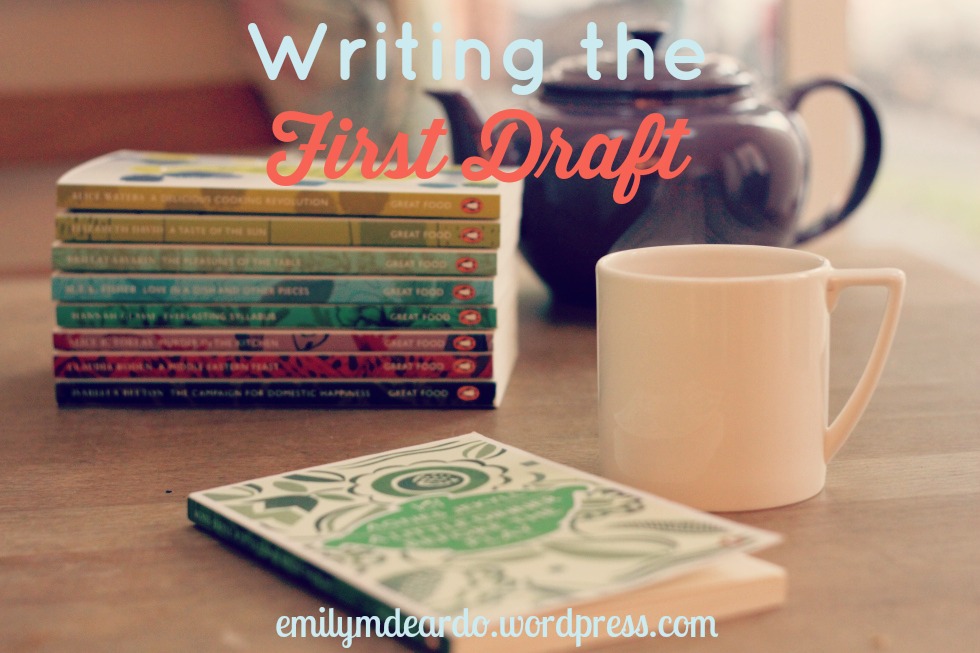The First Draft--the Messy Scribbles
So you've finally decided you're ready to start the first draft.
And you put pen to paper and....nothing.
I know some people think they need to know everything that's going to happen in the novel before they start writing, and you really don't need to. It helps, sure. But it's not necessary. I've started pieces with just one scene in my mind and then gone from there. (Gift of Snow started this way.)
For a first draft, I find things like NaNoWriMo to be really helpful. You're stuck with a word goal and the objective is to get everything on paper. You can't stop because you've got the time crunch to meet the goal of 50,000 words, so you write through writer's block and hopefully come out the other side with a story that has a beginning, middle, and an end. Personally, I need that sort of external accountability to get my first drafts done, and I only stop if I am really stuck--totally, creatively dry and at a dead end, which is what happened to my piece for NaNo last year. I just had no idea how to move the story beyond its embryonic stages.
If you don't like the word goal idea, you can also tell yourself you'll write for 30 minutes a day, or an hour a day--whatever. The point of a first draft is to get the basic sketch--the messy scribbles--of the story down. This also applies to writing nonfiction. Things like essays or speeches can be done this way, and I've done that before. You start with what you know is going in the piece. Then you can write things like "MORE HERE" (which I do all the time), or "WORDS" (if you're being cheeky) as placeholders.
No one turns out a perfect piece of written work in a first draft. No one. Not Jane, not Dickens, not Ernest Hemingway. No one. So shut up your inner editor and just write. No one cares if it's trash, because no one but you is ever going to see it. This is where you can think up whatever you want. When you go back and edit, that's when you can critique and slash out entire chapters if you want. That's the purpose of editing. But the rough draft is like a Pollock painting. It's paint splashes on the canvas of the page. Reduce your expectations, sit down, and write.

